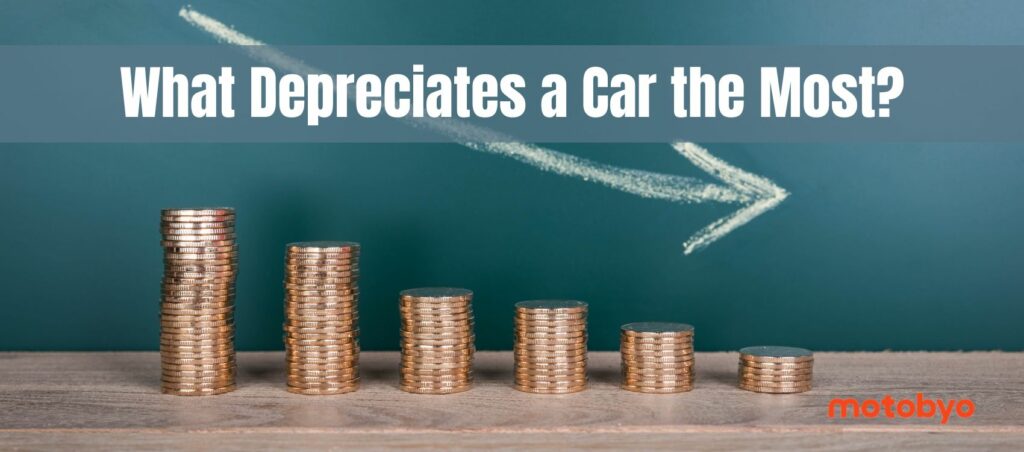Car depreciation is inescapable, especially since a brand-new car will lose between 9% and 20% of its value as soon as it’s driven off the lot. By the end of the first year, most common vehicles will depreciate by up to 30%, and after five years, most will lose more than half their original value.
However, not all cars depreciate at the same rate. There are several specific factors as well as some overlooked factors that cause a car to depreciate. In this article, we’ll cover the 10 biggest car depreciation factors that affect resale value.
Read on to learn more.
Why do cars depreciate so fast?
When it comes to calculating car depreciation, there’s no specific formula. The general rule of thumb is that your car will depreciate in value by 20%-30% after the first year and then another 15%-18% each year after until that depreciate curve settles out and the depreciate slows.
Most cars will follow this rule of thumb, with the main exceptions being very popular or low production vehicles. Trucks and SUVs tend to hold their value a little better compared to the average passenger car as well.
For an SUV vs sedan example, the Jeep Wrangler and Wrangler Unlimited have historically low depreciation rates while the Audi A6 loses half its value by its fifth year.
How quickly or slowly a car loses its value depends directly on the following 10 factors.

1. The Make and Model
The make and model of the vehicle in question is directly linked to its depreciation. The reason the Wrangler barely loses its value has everything to do with branding and high demand — and that’s on top of being a well-made vehicle that’s built to last.
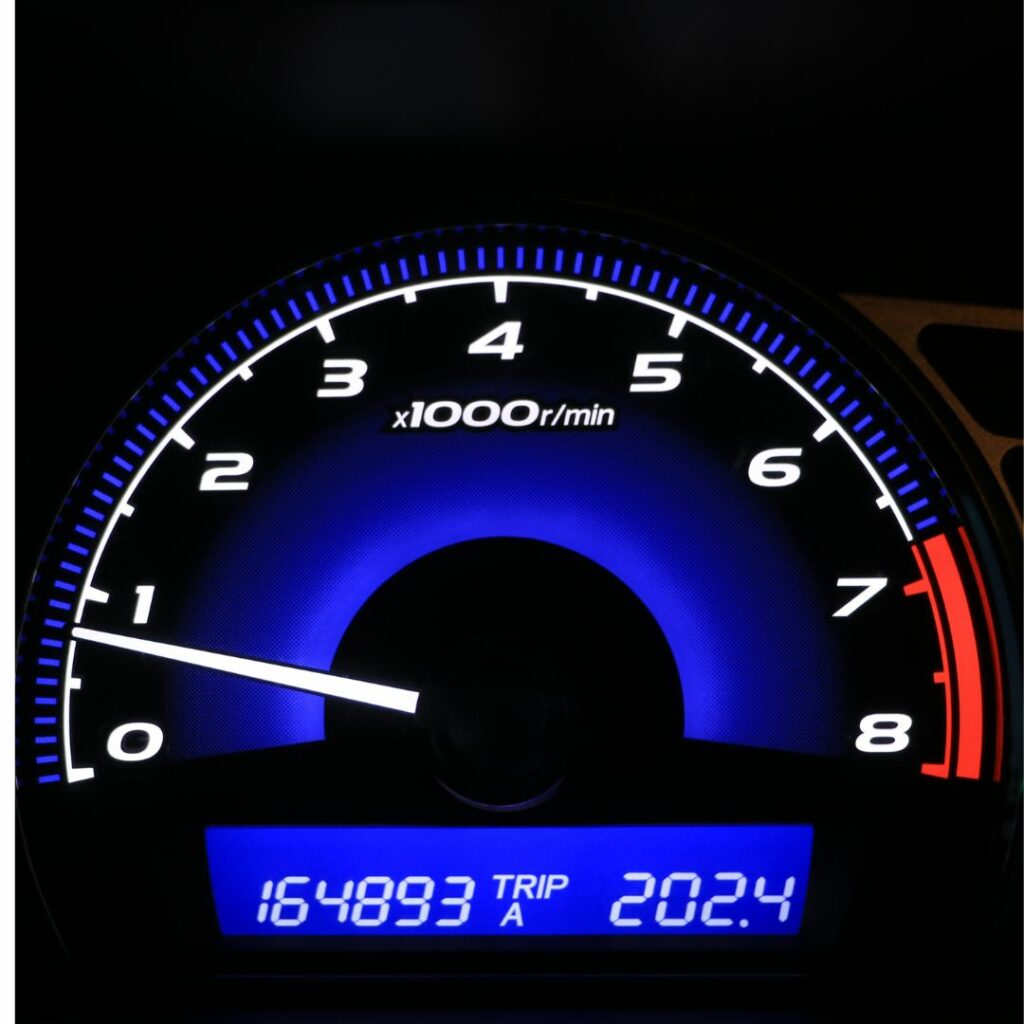
2. Mileage
Mileage is another major car depreciation factor as it contributes directly to mechanical wear and tear. The acceptable mileage limit for the average vehicle is between 10,000 and 12,000 miles per year. If you’re selling a five-year-old vehicle with 75,000+ miles on the odometer, its resale value will be reduced significantly when compared to a low mileage alternative.
depends directly on the following 10 factors.
3. Mechanical Condition
Cars have a lot of moving parts, and those moving parts deal with corrosion and combustion daily. A car with mechanical issues won’t sell for as much compared to one that is without issue.
Even squeaky suspension or a loose belt can turn away a potential buyer, as it speaks to how the car was maintained.
4. Cosmetic Condition
If a car has any of the following external issues, its resale value won’t be able to match its current market price:
- Chipped paint
- Cracked plastic parts, dings, or dents
- Worn, torn, or discolored upholstery
- Lingering odors, such as smoke or pets
- Broken or missing interior parts
- Non-functioning lights or other features
- A damaged frame
- Rust
Rust will especially affect a car’s resale value as it’s difficult to deal with and causes massive deterioration when left unchecked.
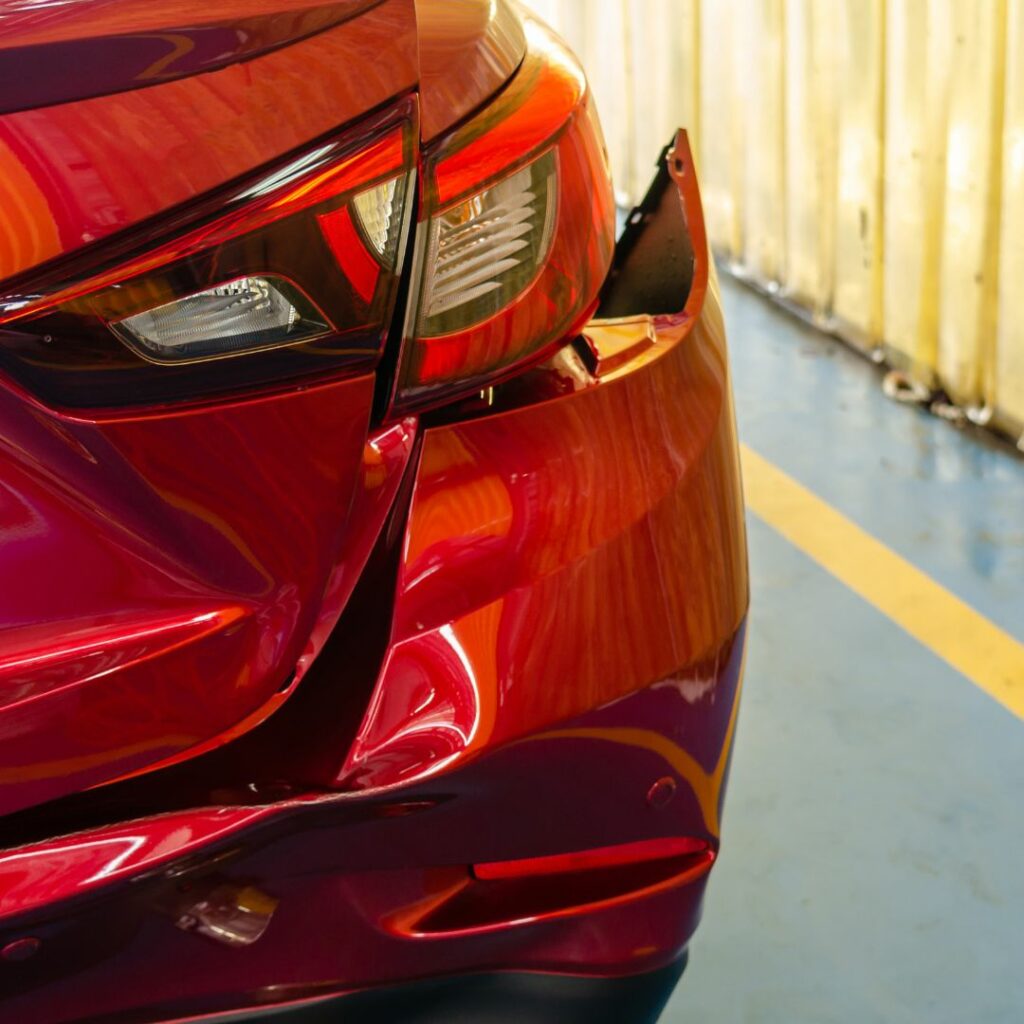
5. History
A car with a clean history will sell for much more compared to a car that has been damaged in an accident or has any other defects noted on the vehicle history report. A few items to pay attention to on a vehicle history report include:
- Previous accident noted — no matter how severe or how minor a reported accident is, the reporting of this will cause the vehicle to be worth less
- Title History Issue — there are many different types of title history issues that will cause your vehicle to be worth less. The most common major title history issues include: Flood history, reconstructed, salvage and odometer discrepancy.
Vehicles with a salvage title or R title history will be worth 30%-50% less compared to the same make and model with a clean title.
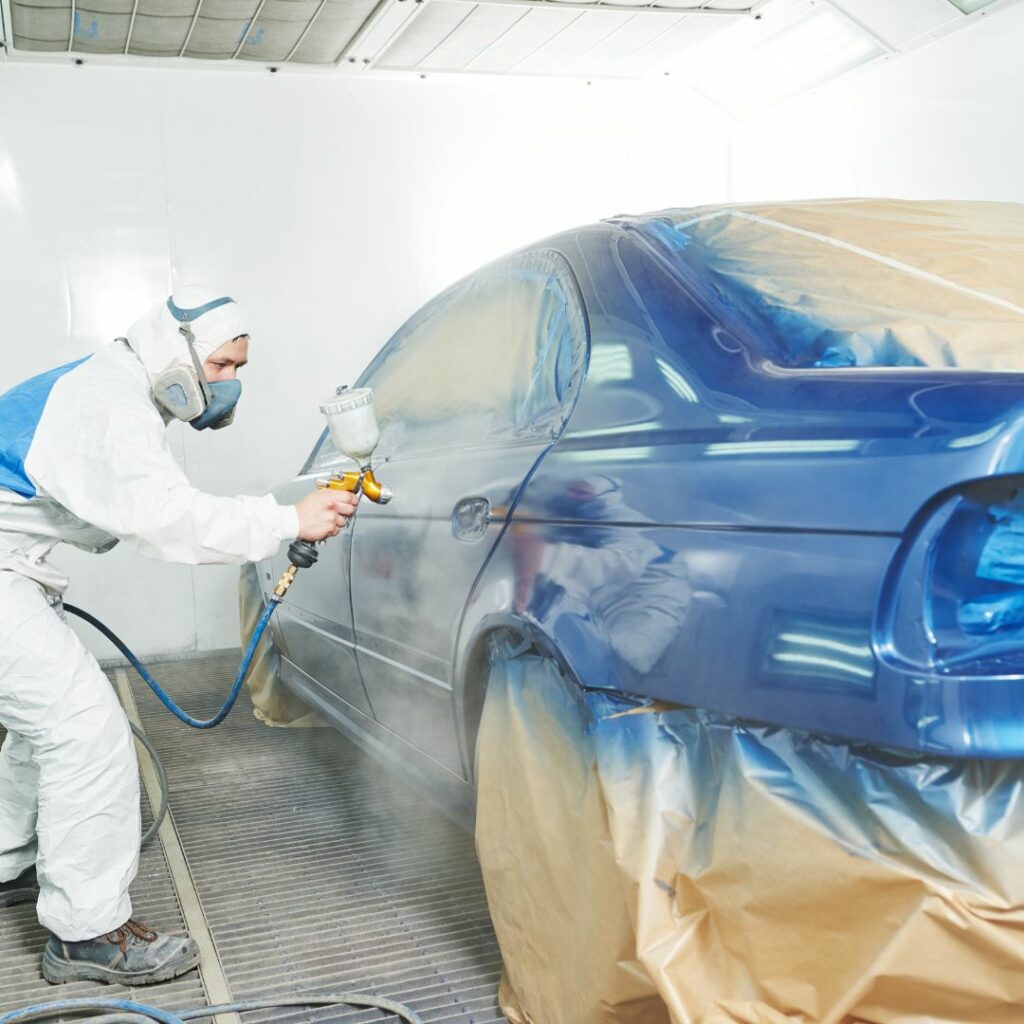
6. Color and Customizations
Some colors are far more popular than others. In general, neutral color cars are much more appealing, which is why you’ll see many white, black, gray and silver vehicles on the road than yellow or even bright red.
Customizations can also add to your vehicle depreciation, especially if the customization is personal, featuring decals or colors outside of the make and model’s original lineup. The same goes for modifications outside of color, such as tinted windows and lowered suspensions.
7. Geography
Geography is often overlooked when it comes to resale value, but that value will change depending on where the car is located. In warmer climates, coupes and convertibles retain their value better compared to trucks. However, in climates with a lot of snow, rain, and rough terrain, SUVs and 4WD trucks are worth more.
8. Vehicle options
The equipment level of the vehicle also plays a role in the resale value. A vehicle with the right options will always be worth more than a base model, even in the same trim level. Stand alone options that can add significant value include a power glass moonroof, leather interior, heated seats, back up camera and factory installed navigation. Having these options on vehicles that don’t normally have them makes the car more desirable.
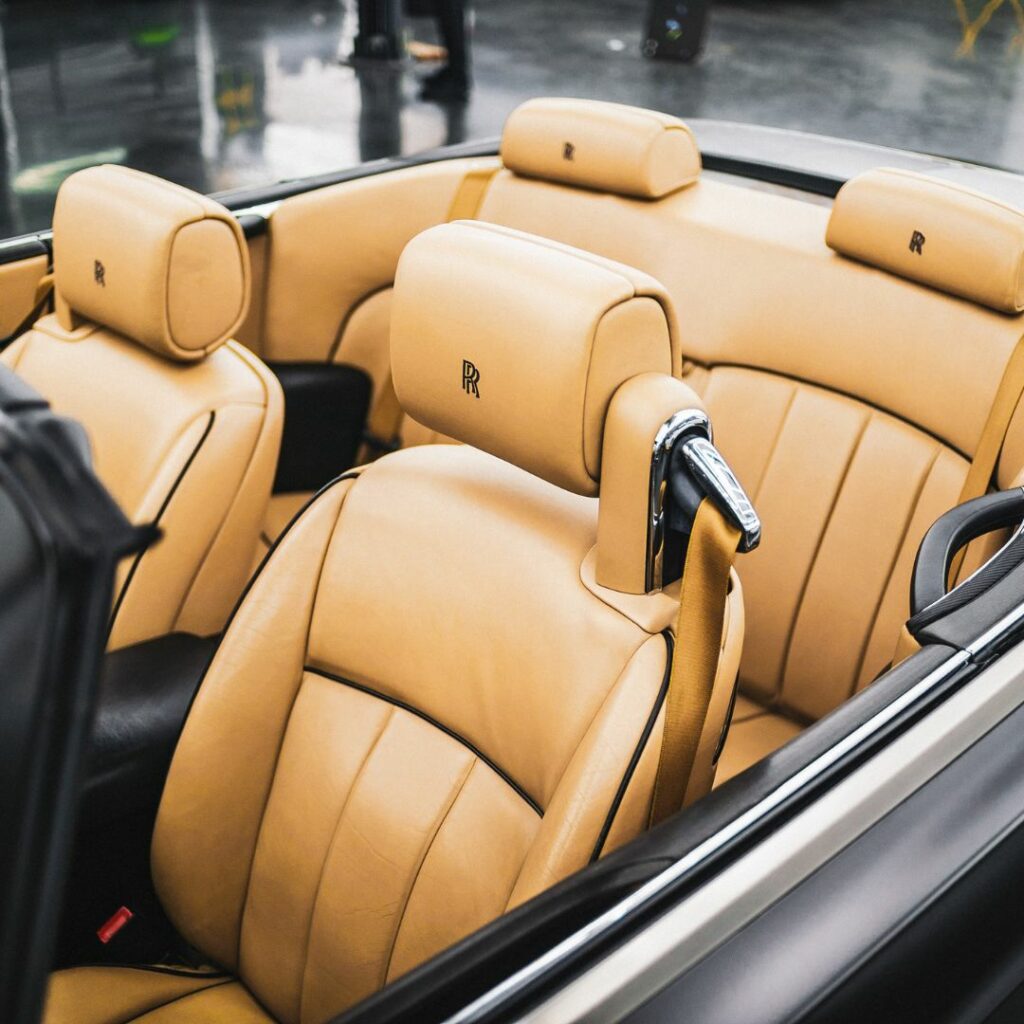
9. Transmission
A vehicle’s transmission is also one of the causes of depreciation. While many driving purists prefer a manual transmission, only 18% of Americans know how to drive a stick shift vehicle (sad). What’s more, most cars today come standard with an automatic transmission, which means the resale value of your car will likely be lower if it has a manual transmission.
Of course, there are some exceptions, such as certain sports cars.
However, location and traffic volume are also factors when it comes to choosing a manual or automatic transmission.
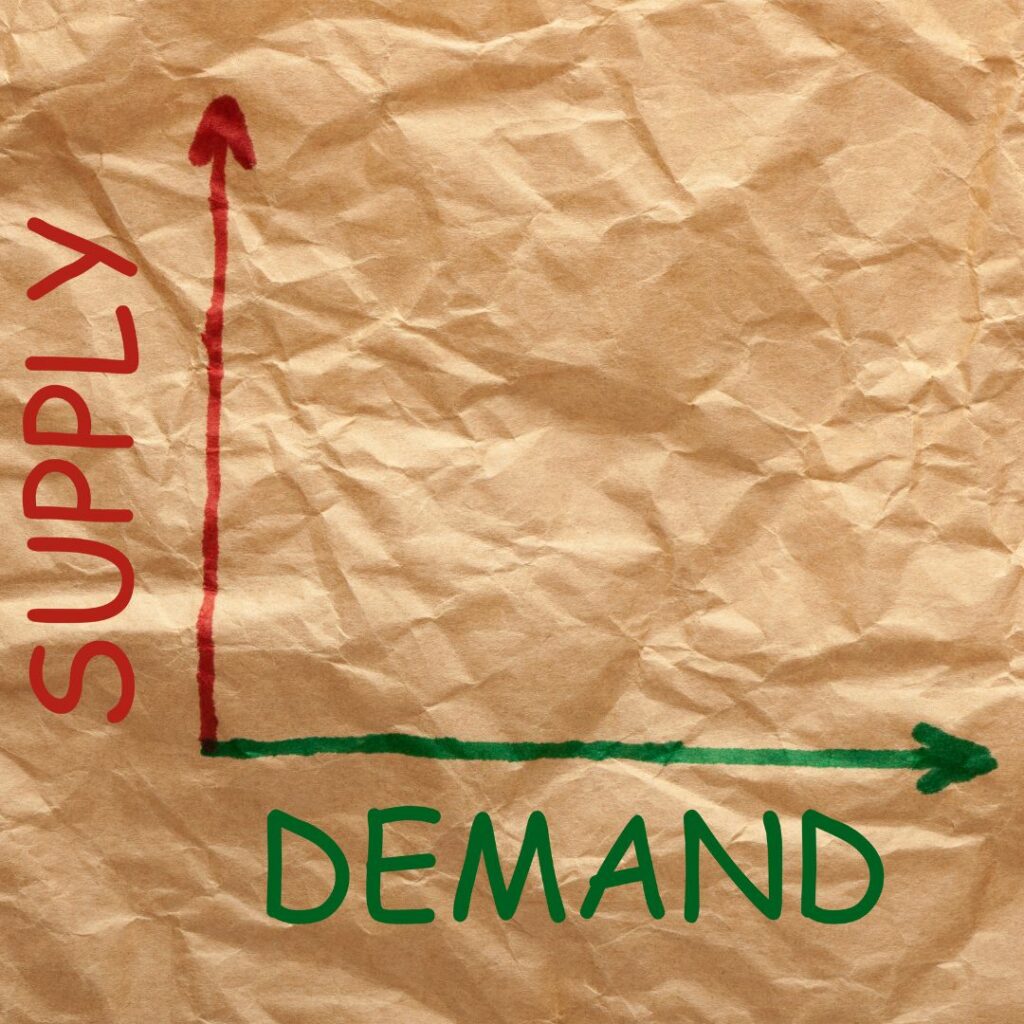
10. Supply and Demand
The residual value of a car also directly depends on supply and demand. Vehicles that were made in limited quantities, such as special edition models, are harder to come by compared to regular, mass-market models aimed towards the general public.
Car Depreciation Happens No Matter What
There’s not much you can do about your car depreciating in value. The only way you can slow down the depreciation process is by shopping smart — which means buying a popular car that’s well suited for your location and taking excellent care of it.
If you’re looking to sell or buy a car, we can help you with that. Learn how Motobyo is making online car buying and selling simple, safe, and hassle-free today!

